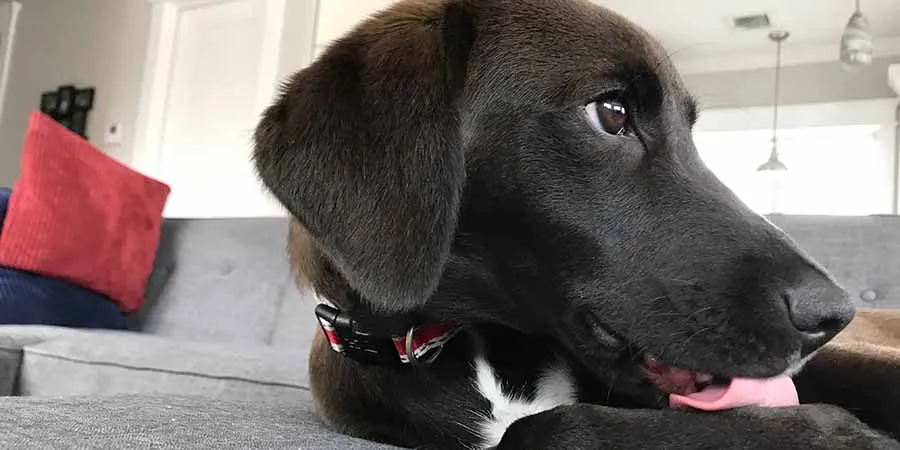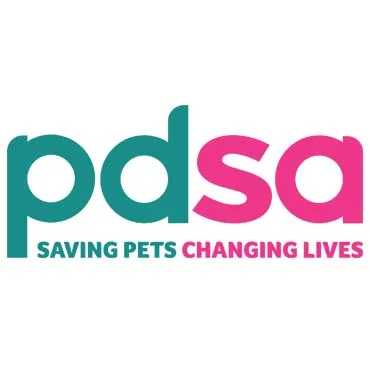If your dog won’t stop chewing her paws, it’s a frustrating issue that many pet owners face. This behavior can range from mild nibbling to intense biting, often leaving paws red, inflamed, or even infected. The first step is always to contact your veterinarian, as underlying medical issues like allergies, injuries, or parasites could be at play. Early intervention prevents worsening problems and keeps your furry friend comfortable. In this guide, we’ll explore common causes and practical solutions tailored for dog owners.
Before diving deeper, if you’re dealing with persistent paw chewing, check out our detailed article on my dog wont stop chewing her paws for more targeted training tips.
Common Medical Causes: Allergies and Parasites
One of the top reasons dogs chew their paws excessively is allergies. These can be environmental, like pollen or grass, or food-related, triggering itchiness even without direct contact. Contact allergies from walking on irritants, such as chemicals or certain plants, are also frequent culprits. To help immediately, rinse your dog’s paws with cool, plain water after every walk—this removes potential allergens before they cause a reaction.
Veterinarians often diagnose allergies through skin tests or elimination diets. Treatments may include hypoallergenic shampoos, antihistamines, or medicated wipes. According to the American Kennel Club, up to 10% of dogs suffer from skin allergies, emphasizing the need for professional advice.
Parasites add another layer of irritation. Fleas, though not always on paws, prompt licking as a distraction from bites elsewhere. Harvest mites, appearing as tiny red dots in late summer or autumn, burrow into skin between toes, causing intense discomfort. Mange mites like Sarcoptes or Demodex lead to widespread itching that focuses on paws.
 A puppy intensely licking its paws, showing signs of irritation
A puppy intensely licking its paws, showing signs of irritation
Routine flea preventatives and vet-prescribed mite treatments resolve most cases quickly. Regular checks during high-risk seasons keep parasites at bay, ensuring your dog’s paws stay healthy.
Behavioral and Physical Triggers: Soreness, Boredom, or Anxiety
Once medical issues are ruled out, behavioral factors often emerge. Soreness from stiff joints, cuts, or foreign objects like thorns can make dogs lick for relief, much like humans rub a sore spot. Examine paws closely for injuries, and use protective booties during walks on rough terrain.
Boredom is a sneaky cause, especially in high-energy breeds. Without enough mental stimulation, dogs turn to paw chewing as a self-soothing habit. Signs include sudden licking at home on specific paws with no itch.
To combat this, introduce puzzle feeders, interactive toys, or extra play sessions. Aim for breed-appropriate exercise— for example, active breeds like Border Collies need 60-90 minutes daily. Enrichment like scent games redirects energy positively.
Anxiety or stress can perpetuate the habit, even post-itch. It starts as comfort but becomes compulsive. Consult a certified behaviorist from organizations like the Certification Council for Professional Dog Trainers (CCPDT) for desensitization techniques.
 Close-up of a dog's paws, highlighting potential soreness areas
Close-up of a dog's paws, highlighting potential soreness areas
For dominance-related behaviors that might overlap with paw chewing during interactions, explore our insights on dog dominance behavior with other dogs.
Breaking the cycle requires patience: distract with toys during episodes, reward calm behavior, and maintain consistency. Medications like anti-anxiety aids may help in severe cases, always under vet guidance.
Prevention and Long-Term Management
Preventing paw chewing starts with proactive care. Maintain a clean environment, use vet-recommended flea control year-round, and monitor diet for allergy triggers. Regular grooming, including paw trimming, reduces debris buildup.
Track patterns in a journal: when, where, and how often chewing occurs. This data aids your vet in pinpointing causes. Home remedies like coconut oil soaks soothe minor irritations but never replace professional care.
 PDSA veterinary team providing expert advice on pet health
PDSA veterinary team providing expert advice on pet health
The good news? Most cases resolve with early vet visits and lifestyle tweaks. Your dog deserves paws free from pain and habits—start with that call today.
In summary, whether allergies, parasites, soreness, or boredom drives your dog’s paw chewing, swift action restores normalcy. Combine vet expertise with enrichment for lasting results. Share your story in the comments or consult a pro for personalized plans.
References
- PDSA: Why is my dog licking and biting their paws?
- American Kennel Club: Skin Allergies in Dogs
- Certification Council for Professional Dog Trainers (CCPDT) guidelines
